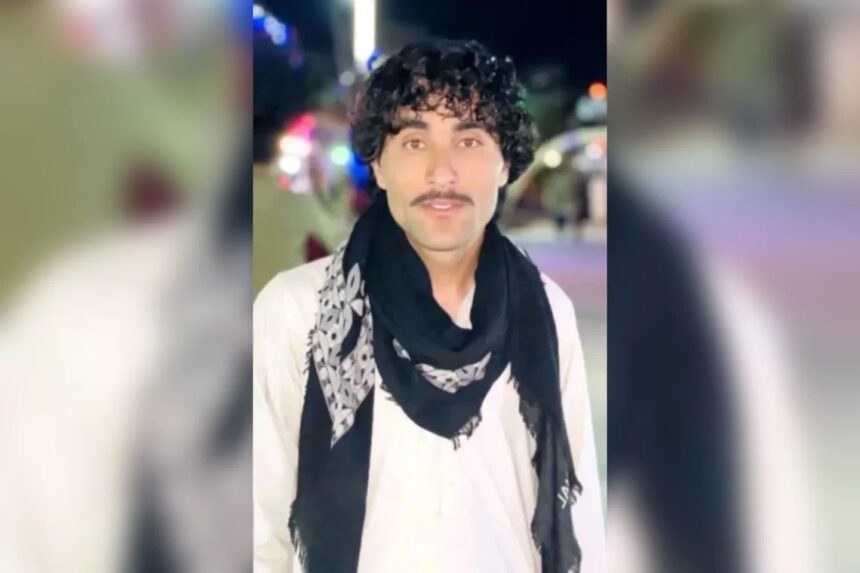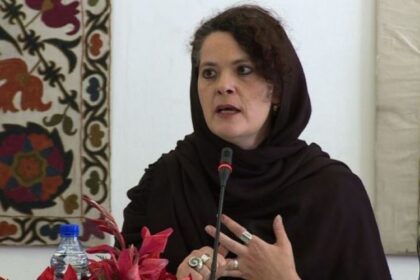RASC News Agency: In a deeply disturbing escalation of unchecked violence under Taliban rule, local sources in Khost province report the brutal murder of a young rickshaw driver, whose life was extinguished in a horrifying act of cruelty. The incident occurred on the night of Sunday, May 18, in the timber market district of Khost City. According to eyewitness accounts, the victim was first gunned down in cold blood before his head was gruesomely severed with a saw. The shocking details of the murder have sent waves of fear and outrage through the community. Local residents confirmed that the victim had no known personal conflicts or enemies, making the motivations behind this heinous crime all the more unclear and alarming. As of now, no group has claimed responsibility, and the Taliban authorities have neither identified suspects nor launched a visible investigation, further compounding public despair.
This barbaric act is not an isolated incident but part of a disturbing pattern of rising violent crimes in Afghanistan, particularly in urban centers. Despite repeated assurances from the Taliban that they have restored nationwide security and eradicated criminality, the reality on the ground tells a drastically different story one marked by impunity, fear, and a near-total absence of effective law enforcement. Once again, the Taliban have remained silent in the face of a gruesome killing that has shaken the local population. This silence is symptomatic of a larger failure: an inability or unwillingness to acknowledge or confront the growing security vacuum engulfing the country. Such inaction not only erodes public trust but also underscores the hollowness of the Taliban’s claims of control.
Since retaking power in August 2021, the Taliban have repeatedly proclaimed that restoring peace and order was their top priority. Yet nearly four years into their de facto rule, violent crime continues to proliferate across provinces, and security remains fragile and unreliable. The streets of Afghanistan’s cities have become increasingly dangerous, with criminal networks emboldened by the absence of judicial oversight, transparent policing, or accountability mechanisms. Public frustration is mounting. Many citizens now perceive the Taliban’s security apparatus not as a guarantor of safety, but as a politicized and ineffective force more concerned with suppressing dissent and enforcing ideological conformity than protecting lives. In places like Khost, this disillusionment is growing sharper with each unpunished act of violence.
The murder of the young rickshaw driver, whose only crime was attempting to earn an honest living, is emblematic of a larger humanitarian and governance crisis. It illustrates the terrifying ease with which lives can be taken and forgotten under a regime that has proven incapable of securing even the most basic human rights. The lack of investigative transparency and prosecutorial response further reinforces the perception that justice under Taliban rule is arbitrary, inaccessible, and irrelevant to the everyday suffering of Afghanistan’s citizens. This latest atrocity should serve as a wake-up call to both domestic observers and the international community: the Taliban’s narrative of restored order is a facade. Beneath their rhetoric lies a country descending deeper into lawlessness, where brutality reigns, fear dominates, and the value of human life continues to plummet.
Until there is a fundamental shift in governance one grounded in transparency, rule of law, and human dignity the cycle of violence will persist, and the Afghanistani people will remain trapped in a grim reality where justice is absent, and safety is a distant dream.






